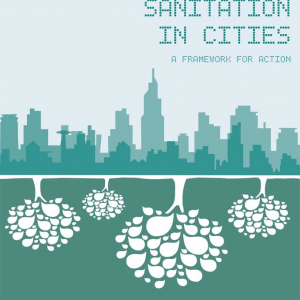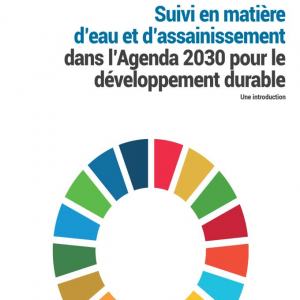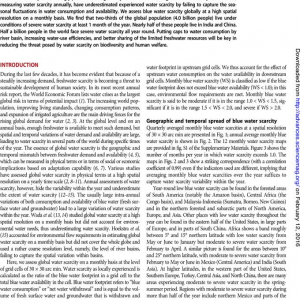Description
The water sector is expected to fulfil social, environmental and economic
needs. In a context of growing water scarcity exacerbated by rapid population growth
and urbanization, misallocation of resources, environmental degradation, and
mismanagement of water resources, the Bank Group and its Regional Member
Countries (RMCs) face new challenges which call for a new approach to water
resources management. Water is a single resource with many competing uses.
Experience has amply demonstrated that water management is complex and multi-level
and requires a comprehensive framework. This analytical framework would facilitate
the consideration of interconnections between the ecosystem and socio-economic
activities in river basins. A sectoral or sub-sectoral approach should therefore be
replaced by an integrated approach, which takes account of social, economic, and
environmental objectives, assesses water resources within each basin, evaluates and manages water demand, and seeks stakeholders’ participation. This vision is now widely accepted.
In view of this recognition, and to ensure that Bank-supported activities in
the water sector adopt the principles of integrated approach, the Bank lending policy encourages borrowers to adopt and implement an integrated approach to water resources management. This led the Bank Group to develop an Integrated Water Resources Management (IWRM) Policy. The objectives of this Policy are to rationalize and strengthen Bank Group interventions in the water sector, and encourage borrowers,
in accordance with the ADF VII lending policy on water, to develop policies and
undertake lending operations based on a comprehensive framework.
Water resources management should be performed within three spheres of
influence (social, economic and environmental) and seeks to fulfil the needs of these three spheres in a balanced way. This concept is used throughout this document as a framework for integrated water resources management.
The policy rests on the following principles: (i) water should be treated as
an economic, social and environmental good; (ii) policies and options that guide water resources management should be analysed within a comprehensive framework.
Its central objective is to promote efficient, equitable, and sustainable
development through integrated water resources management.
In line with these policy principles and objective, a number of strategies
have been elaborated. The strategies apply to or stem from the economic, social, and environmental spheres of influence, or to the technical infrastructure and institutional framework.
Taking into consideration rapid population growth and urban expansion,
vagaries of the climate, the water resources management context of African countries, and the three dimensions of basic needs, a number of important policy issues, summarized below, have been identified The significant variability in rainfall and runoff conditions coupled with rising demand in many countries in Africa considerably exacerbates the problems of water scarcity and management in the continent. Some areas have shown significantly dryer conditions over the last 30 years as compared to the previous years. In other countries there has been an opposite trend. Strategic action plans, including drought and flood forecasting and management must be developed to address these issues.







 AAEA
AAEA AAEA
AAEA
Reviews
There are no reviews yet.